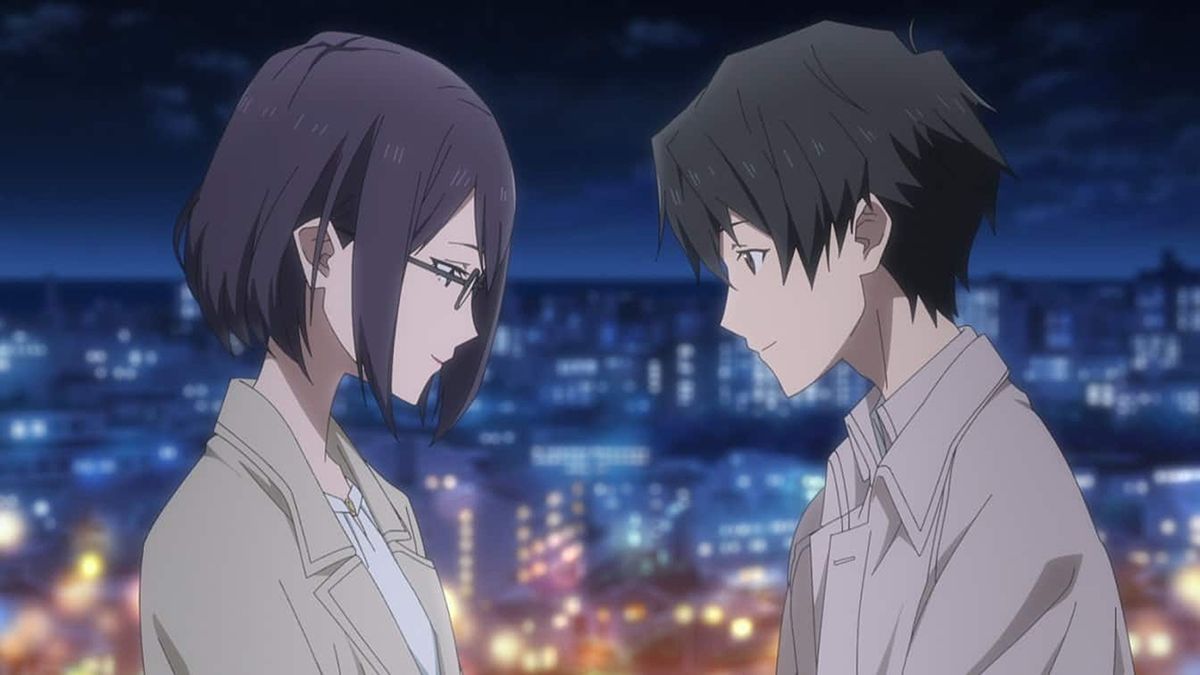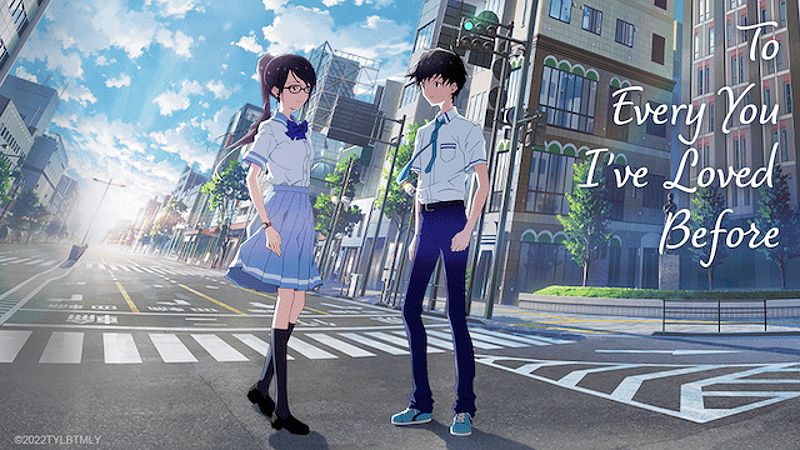Exploring the Parallel Worlds of ‘To Every You I’ve Loved Before’ and ‘To Me, The One Who Loved You’

Discover the interconnected stories of ‘To Every You I’ve Loved Before’ and ‘To Me, The One Who Loved You’, exploring themes of parallel worlds, love, and the impact of choices. Dive into the romance, character development, and relatable themes of these anime films.
Exploring the Parallel Worlds of ‘To Every You I’ve Loved Before’ and ‘To Me, The One Who Loved You’
‘To Every You I’ve Loved Before’ and ‘To Me, The One Who Loved You’ are two interconnected movies that offer a unique perspective on parallel worlds and the impact of choices on one’s life. In this article, we will delve into the storyline of these films, compare their themes, and explore the romance, character development, and relatable aspects that make them worthwhile for fans of the genre.

( Credit to: Asianmoviepulse )
These movies, meant to be watched in any order, provide an intriguing exploration of parallel worlds. The concept serves as a backdrop for various themes, including the impact of choices and the transcendent nature of love. Both films showcase how simple choices can alter the course of one’s life, and how love can traverse time and space.

( Credit to: Asianmoviepulse )
The duology excels in its portrayal of romance between Koyomi and Kazune. Kazune’s character is well-developed and likable, drawing sympathy from viewers. Her sacrifice for love is commendable, and the satisfying conclusion of her arc showcases the depth of her character.
Themes of Parallel Worlds and the Impact of Choices
The concept of parallel worlds is a prominent theme in both movies. It explores the idea of how choices, both made by individuals and imposed upon them, can shape their lives. Jun Matsumoto skillfully uses parallel worlds to demonstrate the consequences of choices and how they can alter the course of one’s life. The movies also delve into the transcendent nature of love, showcasing how it can transcend time and space.

( Credit to: Asianmoviepulse )
The films shed light on the impact of choices and the consequences of isolation and lack of communication. Through Koyomi’s growth in isolation, we witness how the absence of meaningful connections can shape individuals into introverts who struggle to express their emotions. This exploration of the impact of choices and isolation adds depth to the storyline and resonates with viewers.
Romance and Character Development
The most fulfilling aspect of the duology lies in the romance between Koyomi and Kazune. Their relationship is well-developed and portrayed with depth. Kazune’s character is likable and draws sympathy from viewers. Her sacrifice for love showcases the depth of her character and adds emotional weight to the story. The satisfying conclusion of her arc leaves a lasting impact on the audience.
Furthermore, the films excel in character development. We witness Koyomi’s growth and transformation throughout the movies, as he learns to navigate the complexities of love and parallel worlds. The exploration of his journey adds depth to the storyline and allows viewers to connect with the characters on a deeper level.
Portrayal of Parallel Worlds and Production Values
One notable difference between the two movies is the portrayal of parallel worlds. ‘To Every You I’ve Loved Before’ offers a more straightforward and easily explained concept, enhancing the viewing experience. The character design, handled by Shinichi Machida, shows improvement, especially in the depiction of the older versions of the protagonists.
However, the production values of both films leave much to be desired, considering they are movies and not series. This emerges as a significant drawback, especially considering the ambitious and intriguing concept of parallel storylines. Despite this, the focus on romance, character development, and relatable themes compensates for the shortcomings in production values.
Conclusion
In conclusion, ‘To Every You I’ve Loved Before’ and ‘To Me, The One Who Loved You’ offer a unique perspective on parallel worlds and the impact of choices on one’s life. The exploration of romance, character development, and relatable themes make these movies worthwhile for fans of the genre. Despite the flaws in production values, the depth of the storyline and the emotional impact of the characters make these films an enjoyable watch.




